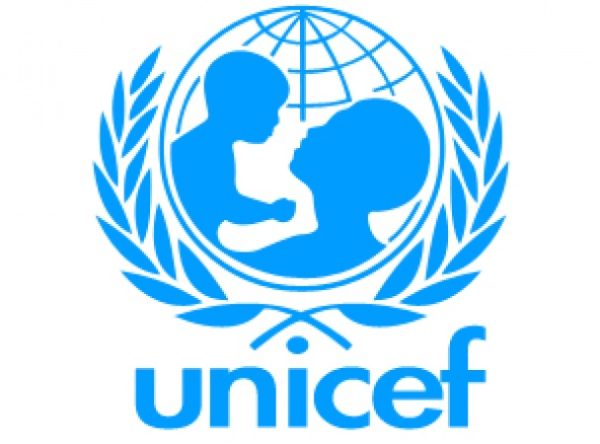The United Nations Children Education Fund, (UNICEF) says it provided access to inclusive, equitable and quality education for 102,859 children in Borno within the last three years.
The Education Manager of UNICEF, Maiduguri Field Office, Paola Ripamonti, stated this during a news conference in Maiduguri on Tuesday.
Ripamonti said that UNICEF supported 29,985 out of school youths and adolescents with vocational skills, including poultry farming, shoemaking, soap and bag production, tailoring, painting, and interlock tiles production among others.
She said that the project, “EduTrac System and the Mainstreaming of Psychosocial Support into Formal Education in Borno state,” which would wrap up by the end of May, was supported by the European Union (EU).
Ripamonti said the interventions were landmarks to improve educational planning, expand access to education for conflict affected children and strengthen learning outcomes while also improving their mental health.
She said that it was designed to support the Response, Recovery and Resilience as well as to ensure that vulnerable children in the state had equal opportunity to quality education.
According to her, the interventions supported no fewer than 300,000 children and youths.
She said 52 per cent females among them were 20,104 out of school children who now access informal learning classes and 16,630 children who transitioned into the formal education system.
Also, that no fewer than 29,000 youths of 55 per cent females, gained employable skills through vocational training.
“Additionally, 750 members of School Based Management Committees have improved school management skills.
“About 1,630 teachers and Community Volunteer Teachers strengthened skills on various themes such as psychosocial support, gender sensitive pedagogy and effective classroom management,” she said.
The official noted that the interventions gave special attention to the girl child and females.
She commend the partners for their roles in the implementation of the project.
Ali Dogo, a Director at the State Universal Basic Education Board (SUBEB), commended UNICEF and the European Union for the projects.
Dogo, however, noted that there were still many other areas begging for such interventions in the state.
He made a case, particularly for the northern part of the state, that was most affected by the insurgency.
He urged UNICEF and the EU to consider the continuation of its €10 million intervention projects in the state.


